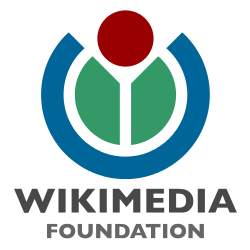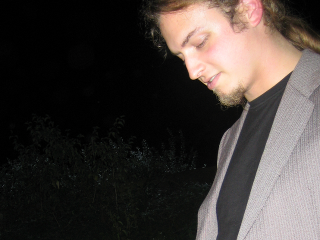For the last three months I had the pleasure to have an intern for my bugmaster job at Wikimedia, as part of the Outreach Program for Women (OPW) for Free and Open Source Software. It is organized by GNOME and the Wikimedia Foundation participated with six positions.

Valerie’s proposal was to create a proposal for a better feedback workflow, to organize public bug days which we now run every other week as part of the QA weekly goals, and to do bug report triaging. Valerie succeeded in all of them and blogged about her experience and progress, but I’d like to summarize and highlight some of her achievements here.
Valerie analyzed which important Wikimedia feedback channels link to each other and Bugzilla and created a diagram of the current situation, and also a bug life cycle flowchart describing the life of a bug report by its status changes over time. That diagram is now also embedded in our wiki documentation making it easier to understand for Bugzilla newcomers “how things work”.

She also wrote and published two blogposts in the Wikimedia Blog explaining how to create a good first bug report and how to help Wikimedia squash software bugs. And apart from co-organizing a number of bugdays, Valerie also participated in Mobile QA by testing the Commons Upload app, helped me with Bugzilla administration (creating new products and components), and taught me about Bugzilla functionality that I had never used before, yay. :)
As this was the first time that I intensively mentored somebody I must say that it went surprisingly well, realizing the presence of all those skills which are helpful for bug triaging: Good analytic skills (what a bug report is about and what not), finding your way to gather information via the query interface, spotting things in the Bugzilla interface and being curious enough to investigate yourself, and a structured approach to testing by using different browsers, coming up with quick testcases yourself, and being aware of MediaWiki’s deployment schedule (basically: which software version is deployed on which server).
So I think we’ve learned a lot from each other, and I’m very happy that Valerie is going to stay involved in our community and bug management.
In general, I’d like to thank Marina Zhurakhinskaya (for GNOME) and Quim Gil (for Wikimedia) for organizing OPW and I am delighted to see more projects planning to join the next round (like KDE, Perl, and more).
The application period for the next round of OPW has already started and its deadline is May 1st. Check out the central wikipage if you’re interested!


